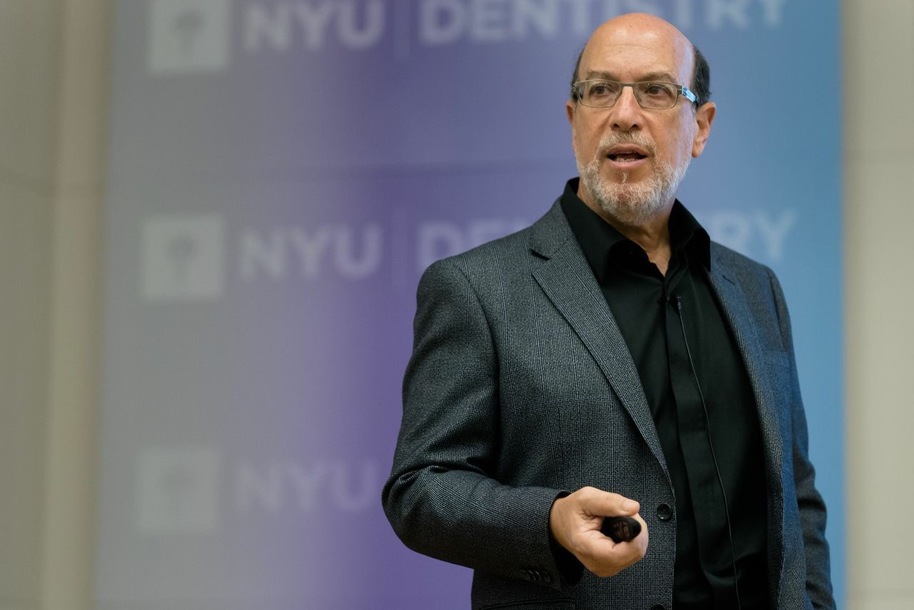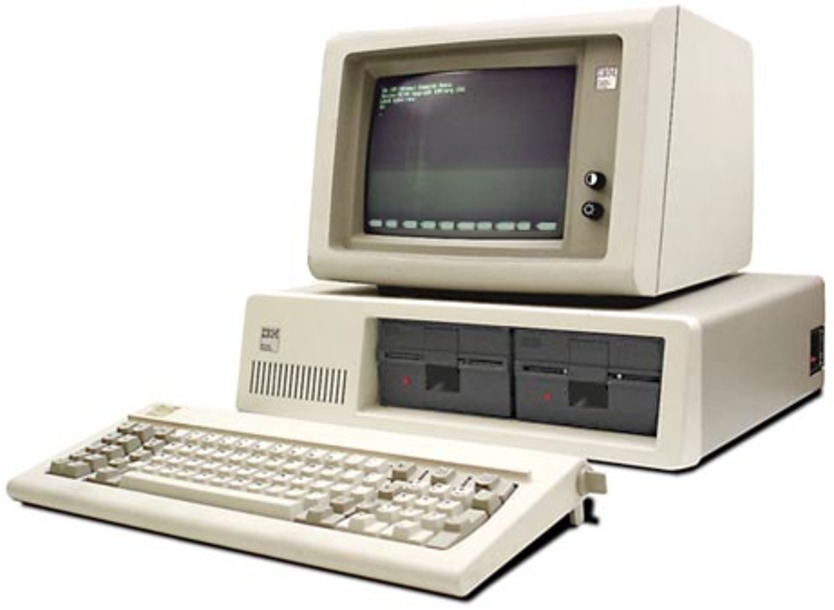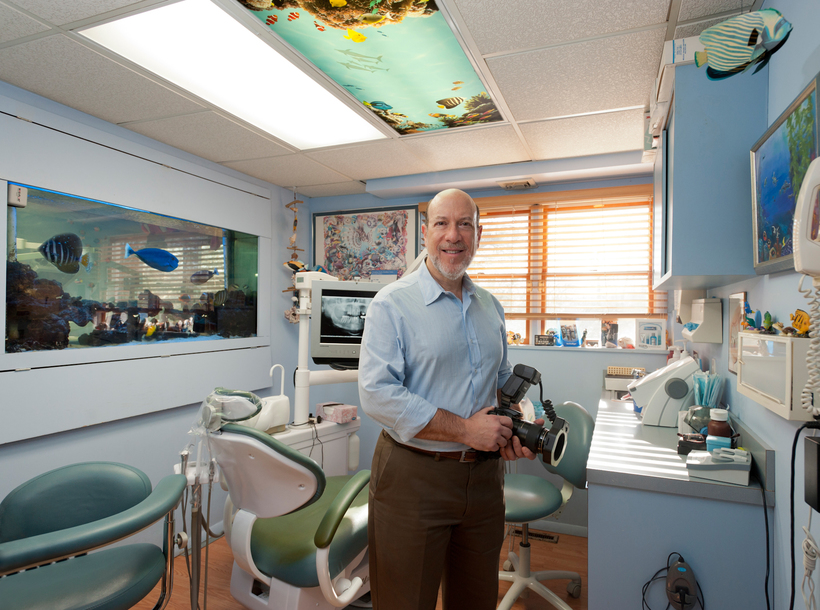Inspiring an Entrepreneurial Attitude
October 02, 2016
PART 1: Dr. Edward Zuckerberg’s Road from Brooklyn to Palo Alto
Being an entrepreneur isn’t a career. It’s an attitude. It’s a willingness to experiment, take risks and dive headfirst into new and risky projects. Dentists are by their very nature tinkerers, fixers, those able to identify and solve problems. It takes a true entrepreneur, though, to foster an environment and spread this attitude to others.
By any measure, Dr. Edward Zuckerberg has done just that. He’s spent a lifetime experimenting and fiddling with the newest technology in his in-house dental office. And together, his wife and he have raised a very successful entrepreneur, media & TV personality, author/editor and venture capitalist along the way.
I had the pleasure of interviewing Dr. Zuckerberg several weeks ago. We explored his vocational path and discussed how he found himself in his second career as a lecturer and practice management consultant. Dr. Zuckerberg shared his perspective on the dental industry, emergent technologies, and the role of social media in a small business (and dental office) setting.
The Road to Dentistry
Growing up, Dr. Zuckerberg was always encouraged to get a traditional white-collar job. “Being an achieving kid growing up in Brooklyn in the 60’s, there was certainly a lot of coercion from parental units to be a professional; a doctor or lawyer, something like that. My wife and I went down that path.”
Dr. Zuckerberg graduated from NYU’s dental school in 1978. After graduation, he worked at a practice in Brooklyn before switching to an office in Dobbs Ferry as his wife Karen matriculated into medical school nearby. “I really liked Westchester, and told Karen maybe we should look for a practice there, and maybe a house, and maybe both at the same time.”
Dr. Zuckerberg never regretted his career choice, and grew to appreciate the importance of a fulfilling career. “[It] was a phenomenal choice for me... It taught us that you will “spend more hours working that anything else you do in your life. The most important thing, more important than financial success, is being professionally happy with the work that you do and enjoying your career. It’s far better to be making a moderate living at something you love than a phenomenal living at something you hate.”
Making Choices
After 9 years of working at the two offices and commuting to Brooklyn, Dr. Zuckerberg had to decide whether to expand and open more offices (as many dental entrepreneurs do), or to focus in on his home-office. “It was the biggest risk I never took. Expanding would have been at the expense of family time and personal quality of life.” He opted for the home office.
Entrepreneurs are constantly faced with new and exciting options, and must learn quickly how to turn down offers. As Warren Buffett famously said, “The difference between successful people and really successful people is that really successful people say no to almost everything.”
Instead of expanding his practice, Dr. Zuckerberg doubled down on improving his patients’ experiences and implementing new technologies into his practice. Over time, he and his Psychiatrist wife, Karen looked at every possible phobia his patients had and went about conquering them. “I loved my profession, liked helping people, but didn’t like their natural fears; addressing them enhanced my level of career enjoyment tremendously.”
Investing in the Latest
In addition to continually addressing patient fears, Dr. Zuckerberg equipped his practice with the latest technology. An incredibly early adapter, he had computerized his office by 1985, and purchased the very first dental practice management software available. “Even though technology may not make you a better dentist, it gives your patient the perspective that you are a better dentist. If patients don’t see something new they think, ‘Oh he’s losing his touch or packing it in.’” Dr. Zuckerberg now teaches dentists to do a thorough ROI evaluation of any technology in consideration. “It must improve quality, speed, or comfort level that already exists, or perhaps deliver a new service.”
Dr. Zuckerberg first purchased an IBM PC XT, which had a 10MB hard drive and 512K RAM. “It couldn’t hold one photo of today’s 20 megapixel cameras. It cost five thousand dollars, and the very first dental office management software was another five thousand. It almost was like a second mortgage back then.”
“I saw it as the future. I had the vision that other people didn’t have.” But it wasn’t all smooth sailing. “My year and a half with that computer and office management software was horrible. It was one of the worst purchases of my life… yet, it was one of the best [purchases]… During those 2 years, I made a list of everything I hated about the software. The miserable experience with the first one made me a much more educated and discerning shopper with the second purchase.”
Dr. Zuckerberg was the first kid on the block to have digital x-ray in 1998, and went completely digital in the early 2000s. “I always had the newest toys, from cameras to air abrasion machines and CAD/CAM to installing broadband in my entire house and office. In 1995 Internet access was AOL dialup. With 4 kids and a wife to compete with, I set the rules such that the kids couldn’t go on until after 5pm. Sometimes that didn’t hold!”

Fostering Creativity and Experimentation
“Sometimes” was putting the situation mildly. In the heart of that glorious dial-up era, Dr. Zuckerberg’s 12-year-old son Mark essentially had full-time access to the Internet in his room. In fact, Mark built out a networking system so that messages could be sent from computer to computer. “He learned how to make computers talk to each other, and built the world’s first social network in our house and office. The front desk could communicate with the hygienist and let her know when a patient was ready. It was a little buggy, but in ’96 that wasn’t too bad.”
Without an attitude of risk-taking, and a willingness to invest in the latest technologies, Dr. Zuckerberg likely wouldn’t have been able to provide his son with the tools needed to become a young developer, and wouldn’t have helped stoke that passion in Mark. And all to improve his dental practice!
Because of his tremendous investments in technology and focus on providing a pain-free dental experience, Dr. Zuckerberg found his practice to be relatively immune to the forces of recession or the growth of preferred provider organizations (PPOs). “Patients that like you won’t leave you so quickly because you don’t participate in a PPO. They will find ways to balance their budgets to go to someone they think is the best and personable. Patients knew that the care they were getting from me was the best care they could get anywhere.” Dr. Zuckerberg noted that it was key to care for people in a warm, personal manner, and to deliver top-quality care at an affordable price. “Treating patients in my house meant that I would run into them in the supermarket, and reputation spreads quickly.”

Transitioning to a New Career
Dr. Zuckerberg relocated from New York to California in the summer of 2013. He followed his four children, who were then living on the West Coast, as well as his first grandchild, who was born in the Spring of 2011. Interestingly, the Zuckerberg parents (both doctors) never pressured their children to become medical professionals.
“While my kids had exposure with my office in the house and experienced my lifestyle and my work firsthand, we kind of played to their passions, supported their interests, and let them pursue their careers.” In a world changing faster than ever, Dr. Zuckerberg’s attitude certainly paid off. “My 4 kids wound up in careers that didn’t exist when we were young parents… I had never heard of venture capital in 1980. Certainly social media was not on anyone’s thoughts back then.”
During his transition to California, Dr. Zuckerberg spent some time traveling from coast to coast in two-week increments while reducing time spent in his New York practice. None of his then-current associates were particularly interested in buying his practice (It is now typical for young dentists to be several hundred thousand dollars in debt upon graduation, and thus be unable to borrow in order to buy a practice early in their careers), but when a former associate found out the practice was available a deal was reached to transfer ownership.
“I started giving more lectures, writing more, and [doing] things of that nature. I was semi-consciously transferring to a second career. The last thing I was looking to do was have another practice to build in California. By the time I fully transitioned from NYC to California in the summer of 2013, I was pretty much 95% done with active practice. I do have a license and do associate with a practice in Palo Alto. I don’t go in more than one or two half days a month.”
Since then, Dr. Zuckerberg has mostly transitioned to teaching and writing. This past year, the ADA released a book on Internet marketing, and Dr. Zuckerberg authored the chapter on Social Media. Separately, he also wrote the marketing chapter of a textbook on cosmetic dentistry.
Part 2 is now available here, covering Dr. Zuckerberg’s second career as a consultant and speaker.
Ready to save with Supply Clinic?
Start Shopping!